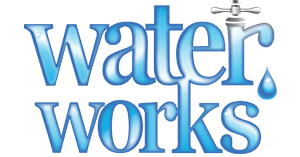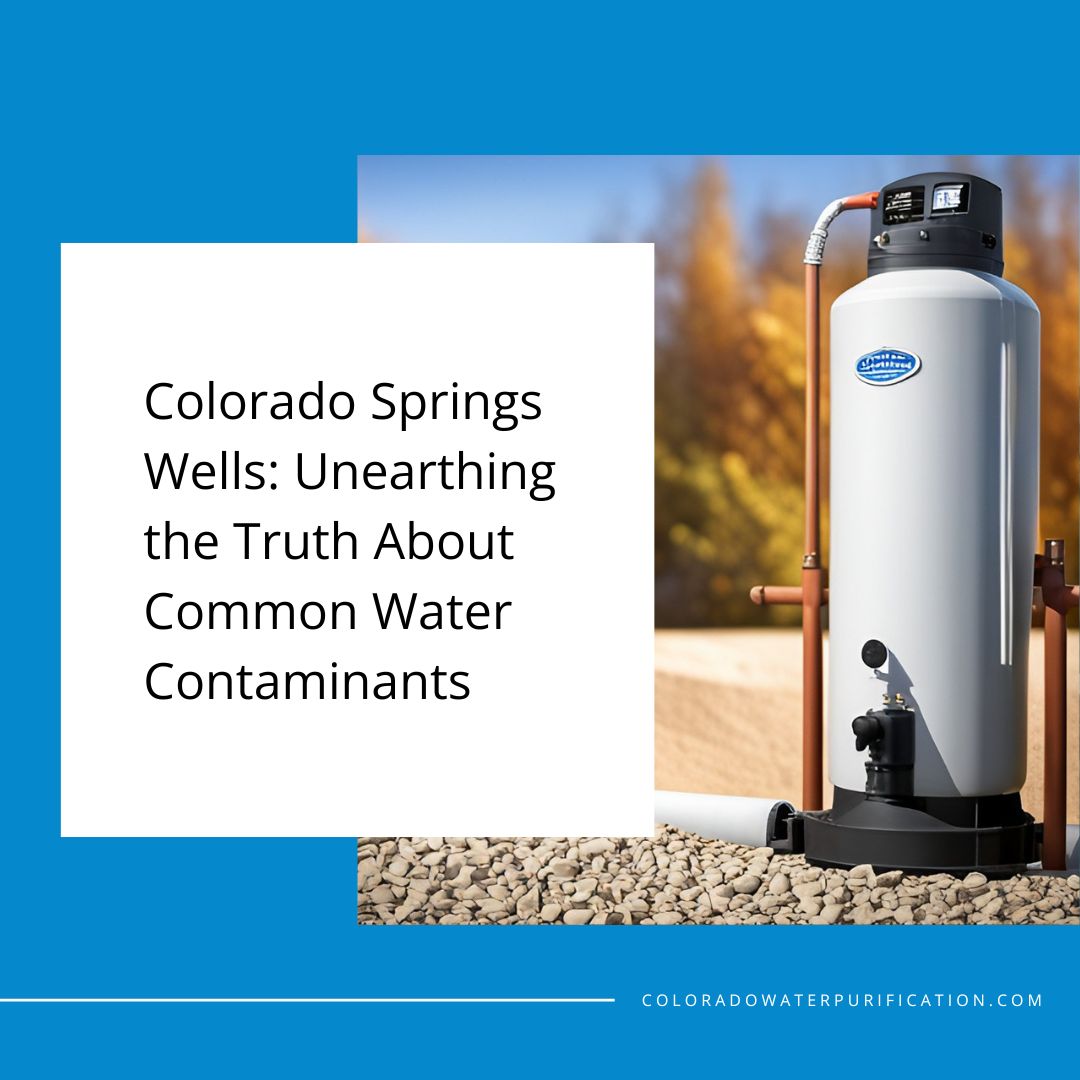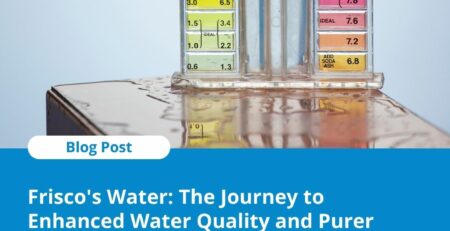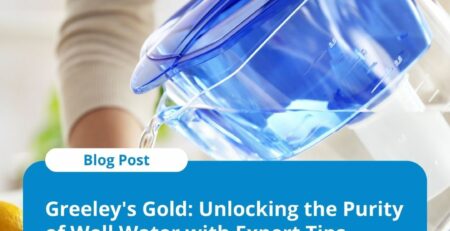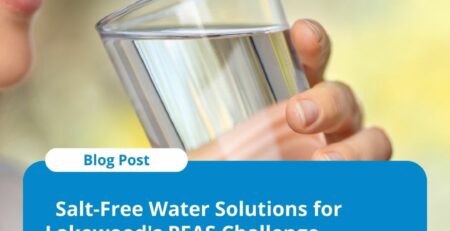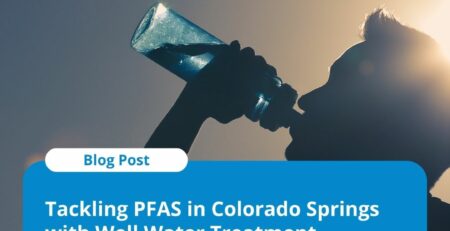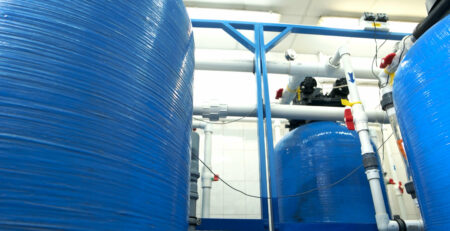Colorado Springs Wells: Unearthing the Truth About Common Water Contaminants
Have you ever questioned the quality of your well water in Colorado Springs? You’re not alone! Many people living with private wells often wonder if their drinking water is safe and free from contaminants. In this blog post, we’ll unearth the truth about common water contaminants found in Colorado Springs wells. From bacteria to nitrates, find out what pollutants could be lurking within your drinking water – and how to address them for a healthy home environment.
Introducing the Wells of Colorado Springs – What You Need to Know
Nestled between the majestic Rocky Mountains, Colorado Springs is home to some of the most breathtaking natural scenery in the United States. But what lies beneath the city’s surface is just as awe-inspiring – the Wells of Colorado Springs. These wells are a vital source of drinking water for the city’s inhabitants, but they’re also more than just functional. They’re a fascinating glimpse into the geology and ancient history of the region, with some of the springs dating back millions of years. Whether you’re a curious visitor or a longtime resident, the Wells of Colorado Springs offer a unique opportunity to connect with the natural world and learn about the incredible forces that formed this beautiful landscape.
The Potential Impact of Common Water Contaminants
Clean water is essential for our survival, but there’s a growing concern over the presence of common contaminants that can cause serious health problems. One of the most pervasive is lead, which can leach into water from old pipes and fixtures. Even at low levels, lead exposure can harm the brain, kidneys, and red blood cells. Another troubling contaminant is pesticides and fertilizers, which can seep into water supplies from nearby farms and lawns. These chemicals have been linked to developmental disorders in children and cancer in adults. Even something as seemingly harmless as chlorine can pose a risk; while it’s used to disinfect water, overexposure can cause respiratory problems. The potential impact of these water contaminants is significant, and it’s crucial that we take steps to protect ourselves and our communities.
Understanding How Common Contaminants Can Enter Your Water Supply
Water is a basic necessity of life and it’s important to know if it’s contaminated. It’s not just visible impurities that could pollute your water supply; there are several common contaminants that can enter it. From agricultural runoff to sewage overflows, industrial waste to naturally occurring substances, the chances of contamination vary from region to region. Understanding the potential sources of contamination and taking preventive measures is key to ensuring a safe and healthy water supply. Whether you live in an urban area or a remote region, it’s critical to stay informed and be proactive to protect the quality of your water.
Steps to Take to Ensure You Have Clean and Safe Drinking Water
Clean and safe drinking water is vital to good health. Unfortunately, not all areas have access to it. In this article, we will explore the steps that you can take to ensure that you have clean and safe drinking water. First, make sure to find out the source of your water. Knowing where it comes from can help you determine the best course of action for purification. Second, invest in a good water filter or purification system. These devices can effectively remove harmful contaminants from the water, giving your family access to clean drinking water. Third, test your water on a regular basis. Even if your water looks clear, it may still contain harmful chemicals or bacteria. Regular testing can give you peace of mind and help you catch any problems early on. By taking these steps, you can be confident that your drinking water is clean and safe for everyone in your home.
Tips for Installing an Effective Home Water Filtration System
Clean water is vital for our health, yet the quality of tap water can vary based on where you live. Installing a home water filtration system can help ensure that you and your family are drinking clean, healthy water. When choosing a filtration system, consider factors such as the level of contaminants in your water supply and your budget. Some popular options include carbon filters, reverse osmosis systems, and UV filtration. Proper installation is essential for the system to work effectively, so it may be worthwhile to hire a professional plumber or follow the manufacturer’s instructions carefully. Taking the time to properly install a water filtration system can provide peace of mind and great-tasting tap water for your home.
Knowing When It’s Time to Get a Professional Opinion
As we navigate through life and encounter various challenges, it’s important to know when to ask for help. Sometimes, despite our best efforts, we come across problems that we just can’t solve on our own. This is when seeking a professional opinion can be immensely helpful. Whether you’re struggling with a personal issue, trying to tackle a difficult project at work, or grappling with a major life decision, a professional can offer a fresh perspective, valuable expertise, and a wealth of experience. Knowing when it’s time to seek out this kind of assistance is key. It shows maturity, self-awareness, and a recognition that, sometimes, we all need a little guidance. So, if you’re feeling stuck, overwhelmed, or just unsure of how to proceed, consider reaching out to a trusted expert for help. You might be surprised at how much they can offer.
Taking care of your water supply and ensuring that it is clean and safe should be a priority for everyone. Research alternate ways to make sure that the water you drink is top quality and meets all safety standards. Committing to installing a home filtration system can be the push you need to take that extra step for your health. Make sure to reach out to local professionals if you have any further questions about how to best secure your water and make sure that it is as safe as possible. Our coastline is full of knowledge, so let’s tap into our resources and work towards understanding our environment better in order to protect it from contaminants. Start on the journey towards cleaner drinking water by learning more about Wells of Colorado Springs, its potential risks, and what steps you can take today!
